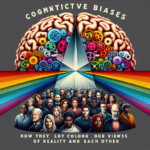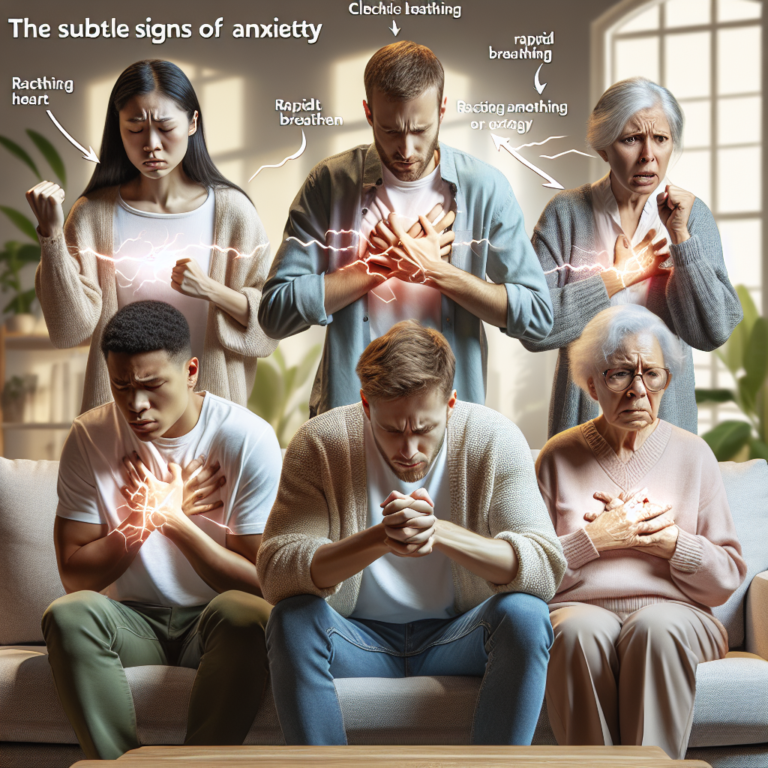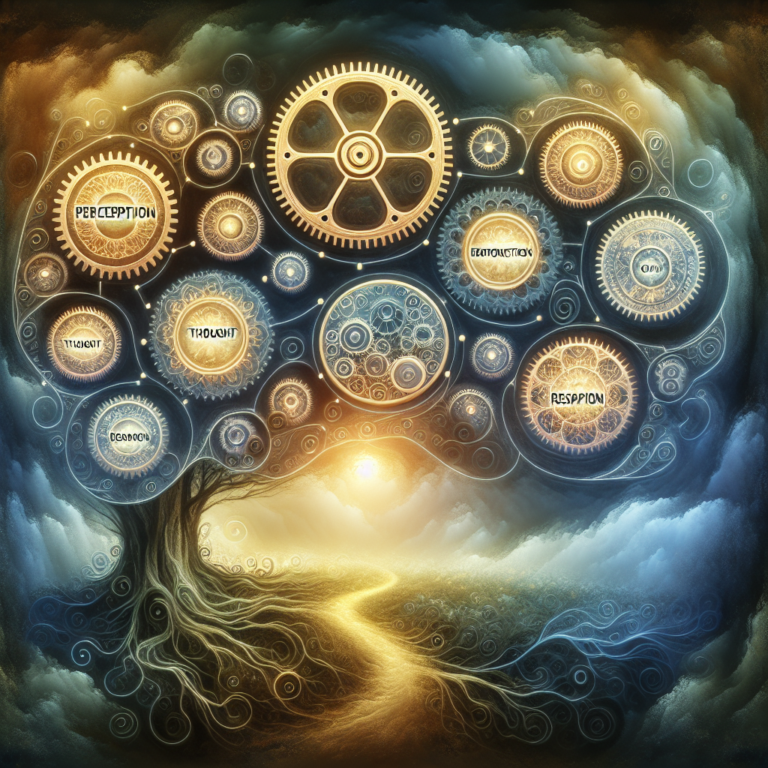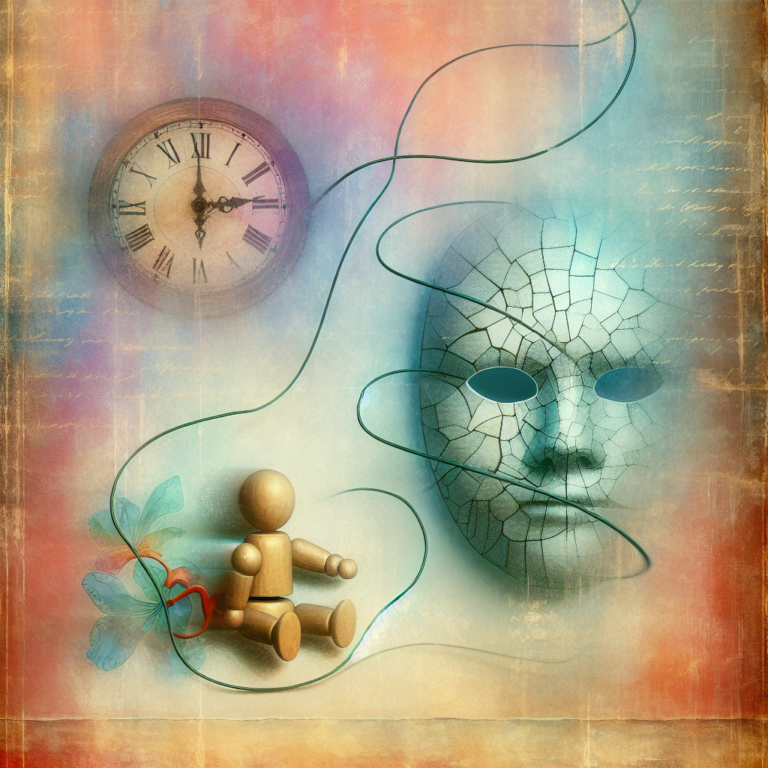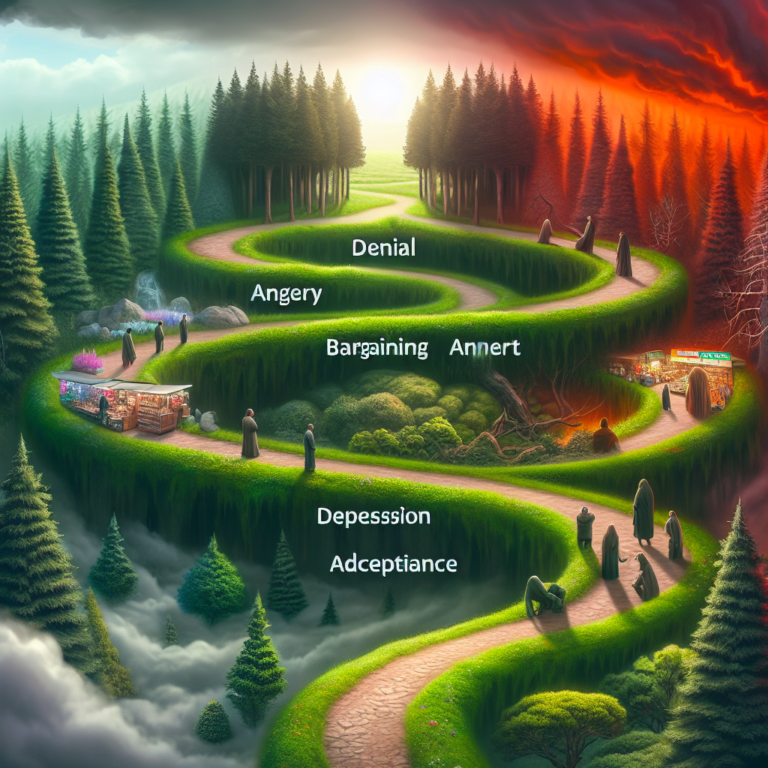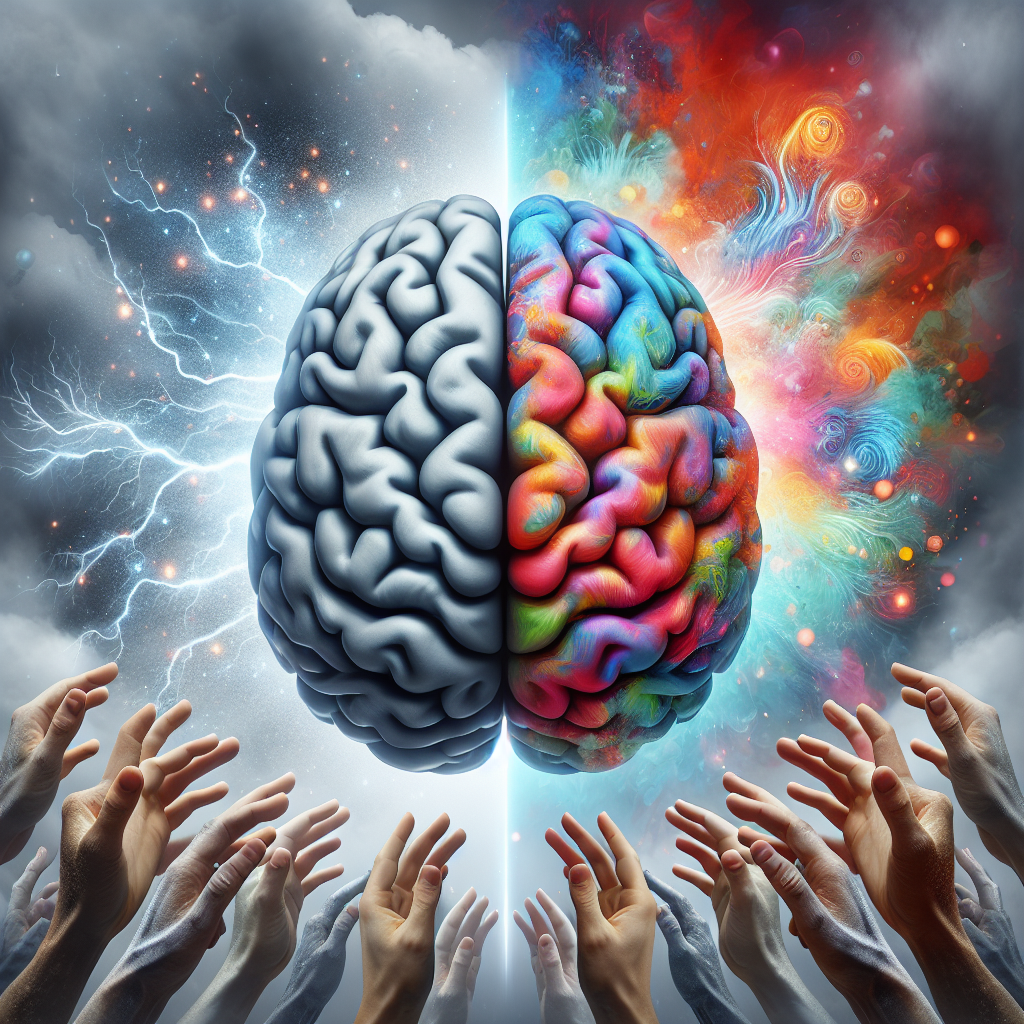
The Ultimate Guide to Bipolar Disorder Awareness: Recognizing Symptoms and Taking Control of Your Mental Health
Introduction
In today’s fast-paced world, mental health has become a vital aspect of holistic well-being. Among various mental health conditions, Bipolar Disorder is one that remains shrouded in misconceptions and stigma. As we delve deeper into Bipolar Disorder Awareness: Recognizing Symptoms and Taking Control of Your Mental Health, it becomes increasingly apparent that increased awareness can lead to better understanding, treatment, and recovery.
Bipolar Disorder affects millions of people globally, yet many individuals are unaware of its symptoms and how it can manifest in daily life. This article aims to enlighten readers about the complexities of Bipolar Disorder, providing them with the necessary tools to recognize symptoms and actively manage their mental health.
Understanding Bipolar Disorder
What is Bipolar Disorder?
Bipolar Disorder is a mental health condition characterized by extreme mood swings that can include emotional highs (mania or hypomania) and lows (depression). These fluctuations can affect energy levels, activity levels, sleep patterns, and the ability to think clearly.
Types of Bipolar Disorder
Bipolar I Disorder: Defined by manic episodes lasting at least seven days, or by manic symptoms so severe that immediate hospital care is needed. Depressive episodes can occur as well.
Bipolar II Disorder: Characterized by a pattern of depressive episodes and hypomanic episodes, but not the full-blown manic episodes that are typical of Bipolar I.
- Cyclothymic Disorder: Periods of hypomanic symptoms and periods of depressive symptoms lasting for at least two years (one year in children and adolescents), but the symptoms do not meet the diagnostic requirements for a hypomanic episode and a depressive episode.
The Importance of Awareness
Bipolar Disorder Awareness: Recognizing Symptoms and Taking Control of Your Mental Health is not just a phrase—it’s a call to action. Awareness shapes perceptions, influences policy, and, above all, fosters understanding. The more we know, the better we can respond to ourselves and others.
Recognizing Symptoms of Bipolar Disorder
Signs of Mania and Hypomania
Understanding the symptoms of manic and hypomanic episodes is crucial for early diagnosis and treatment. Key indicators include:
- Increased energy or activity: Feeling unusually energized or restless.
- Euphoric mood: An elevated mood that may seem out of proportion to circumstances.
- Decreased need for sleep: Feeling rested after only a few hours of sleep.
- Rapid speech: Talking faster than usual or feeling pressure to keep talking.
- Impulsive actions: Engaging in risky behaviors, such as spending sprees or reckless driving.
Signs of Depressive Episodes
Equally important is recognizing depressive symptoms, which may include:
- Persistent sadness: Feeling empty or hopeless.
- Fatigue: A significant decrease in energy, even small tasks may seem exhausting.
- Loss of interest: Disinterest in activities once enjoyed.
- Feelings of worthlessness: Harsh self-criticism and low self-esteem.
- Thoughts of death or suicide: Considering or planning for self-harm.
Case Study: Sarah’s Journey
Sarah, a 29-year-old graphic designer, began experiencing extreme mood changes in her late teens. Initially brushed off as "normal" emotional fluctuations, her symptoms progressed. After suffering from a severe depressive episode, she was diagnosed with Bipolar II Disorder. With proper treatment and lifestyle changes, Sarah learned to recognize her symptoms, helping her maintain stability and pursue her passion.
Analysis
Sarah’s case illustrates the importance of recognizing symptoms early. Awareness not only aids in self-diagnosis but can also encourage individuals to seek help sooner, which can lead to better outcomes.
Taking Control of Your Mental Health
Medication Management
For many, medication is a cornerstone of treatment for Bipolar Disorder. Mood stabilizers, antipsychotics, and antidepressants can help manage symptoms. However, it’s essential to have a tailored medication approach, monitored by a psychiatrist.
| Medication Type | Goals | Examples |
|---|---|---|
| Mood Stabilizers | Prevent mood swings | Lithium, Valproate |
| Antipsychotics | Manage psychotic episodes | Olanzapine, Quetiapine |
| Antidepressants | Treat depressive episodes | Bupropion, Sertraline |
Psychotherapy Options
Beyond medication, psychotherapy is a powerful tool in managing Bipolar Disorder. Cognitive Behavioral Therapy (CBT) and family-focused therapy help individuals understand their condition and develop coping strategies.
Benefits of Therapy
- Self-awareness: Increased insight into personal triggers and patterns.
- Communication: Improved communication skills with family and friends.
- Skill development: Coping strategies for mood swings and stress management.
Lifestyle Modifications
Incorporating lifestyle changes can enhance overall treatment effectiveness. Consider the following strategies:
Healthy Diet: Nutritional balance can influence mood. Foods rich in Omega-3 fatty acids and antioxidants can be beneficial.
Regular Exercise: Physical activity releases endorphins, acting as natural mood lifters.
Sleep Hygiene: Maintaining a regular sleep pattern is crucial for stabilizing mood.
- Stress Management: Techniques such as mindfulness, yoga, and deep-breathing exercises can effectively reduce stress.
Case Study: John’s Holistic Approach
John, a 35-year-old father of two, struggled with his Bipolar I Disorder. After enduring a severe manic episode, he sought a holistic treatment plan encompassing medication, therapy, and lifestyle changes. He started practicing yoga and mindfulness, significantly improving his mood stability.
Analysis
John’s approach demonstrates that taking control of mental health requires a multifaceted strategy. By addressing medication, psychotherapy, and lifestyle changes together, individuals can foster a comprehensive care plan that enhances their overall well-being.
Advocacy and Community Support
The Role of Family and Friends
Support from loved ones plays a pivotal role in managing Bipolar Disorder. Encouraging open dialogue about symptoms and treatment options creates a more supportive environment for individuals facing mental health challenges.
Finding Support Groups
Engaging with support groups can be an invaluable resource. These groups offer camaraderie and understanding, allowing individuals to share experiences with those who truly relate.
- Benefits of Support Groups:
- Shared experiences can promote empathy and reduce feelings of isolation.
- Gaining insights and coping strategies from peers can be incredibly beneficial.
- Opportunities to learn about new treatment options and resources.
Advocacy Organizations
Several organizations work tirelessly to promote Bipolar Disorder Awareness: Recognizing Symptoms and Taking Control of Your Mental Health. Engaging with these organizations can provide additional resources and education for both individuals and families.
- National Alliance on Mental Illness (NAMI): Provides resources for education and advocacy.
- Bipolar Support Alliance: Offers community support and educational materials.
Conclusion
Bipolar Disorder Awareness: Recognizing Symptoms and Taking Control of Your Mental Health is a critical part of fostering understanding and compassion within our communities. By familiarizing ourselves with the symptoms and seeking appropriate treatment, we not only help ourselves but others as well. Remember, experiencing Bipolar Disorder does not define your worth or potential. You have the power to take control of your mental health journey.
As you navigate this path, seek knowledge, engage in supportive networks, and always prioritize your well-being. Together, we can break down the stigma and create a society that values mental health.
FAQs
What causes Bipolar Disorder?
- The exact cause of Bipolar Disorder is unknown, but a combination of genetics, brain structure, and environmental factors may contribute.
Can I recover from Bipolar Disorder?
- Yes! Many individuals manage their symptoms effectively and lead fulfilling lives through a combination of medication, therapy, and lifestyle adjustments.
Is Bipolar Disorder the same as depression?
- No, while both conditions involve mood disturbances, Bipolar Disorder includes episodes of mania or hypomania, unlike depression, which primarily involves low mood.
How can I support a friend with Bipolar Disorder?
- Listen without judgment, encourage them to seek professional help, and educate yourself about the disorder to provide empathy and understanding.
- Are there any new treatments for Bipolar Disorder?
- Ongoing research continues to explore innovative treatments, including new medications and therapy techniques, aimed at improving outcomes for those with Bipolar Disorder.
By illuminating the realities of Bipolar Disorder, we not only empower ourselves but also pave the way for broader societal change. Let us champion the cause of mental health awareness together.

